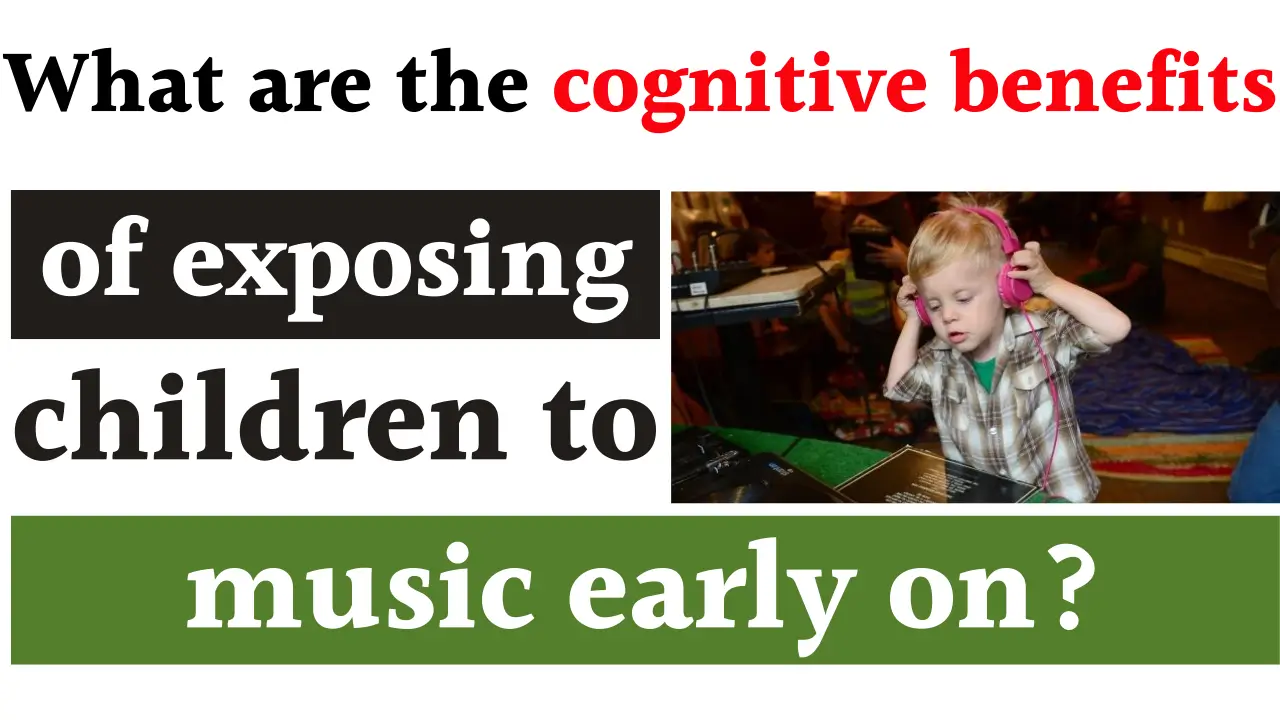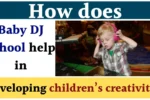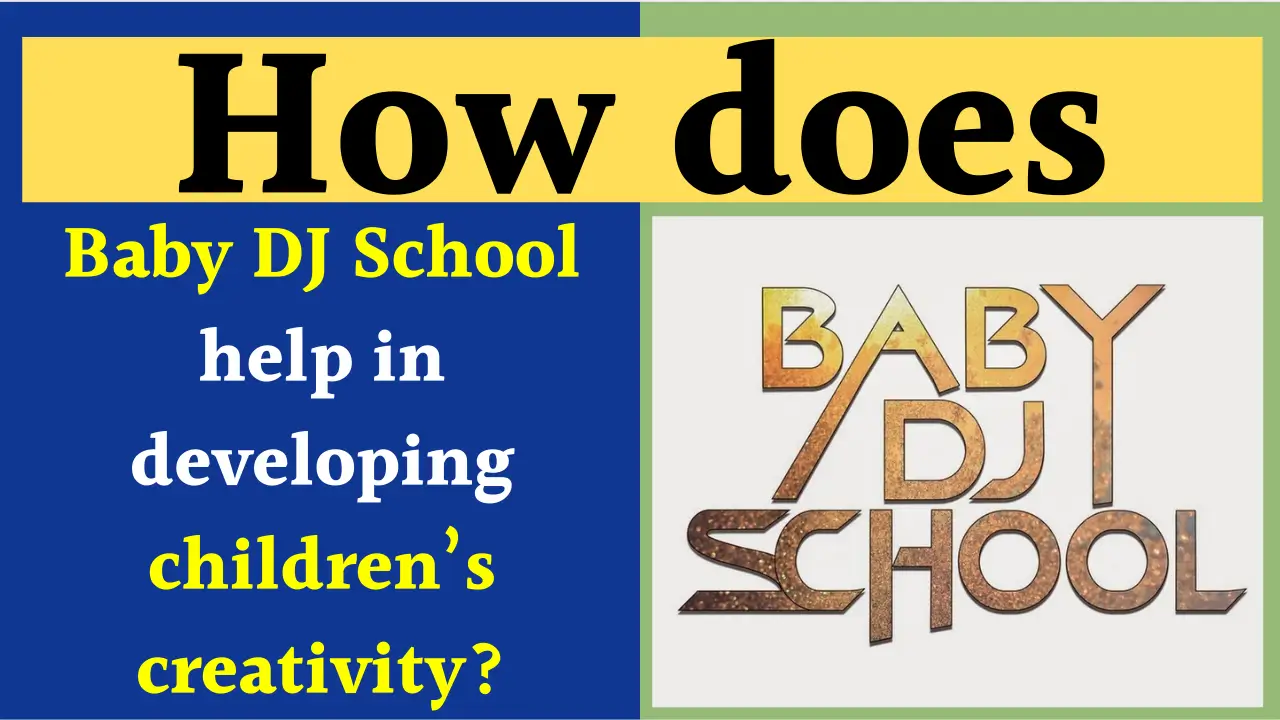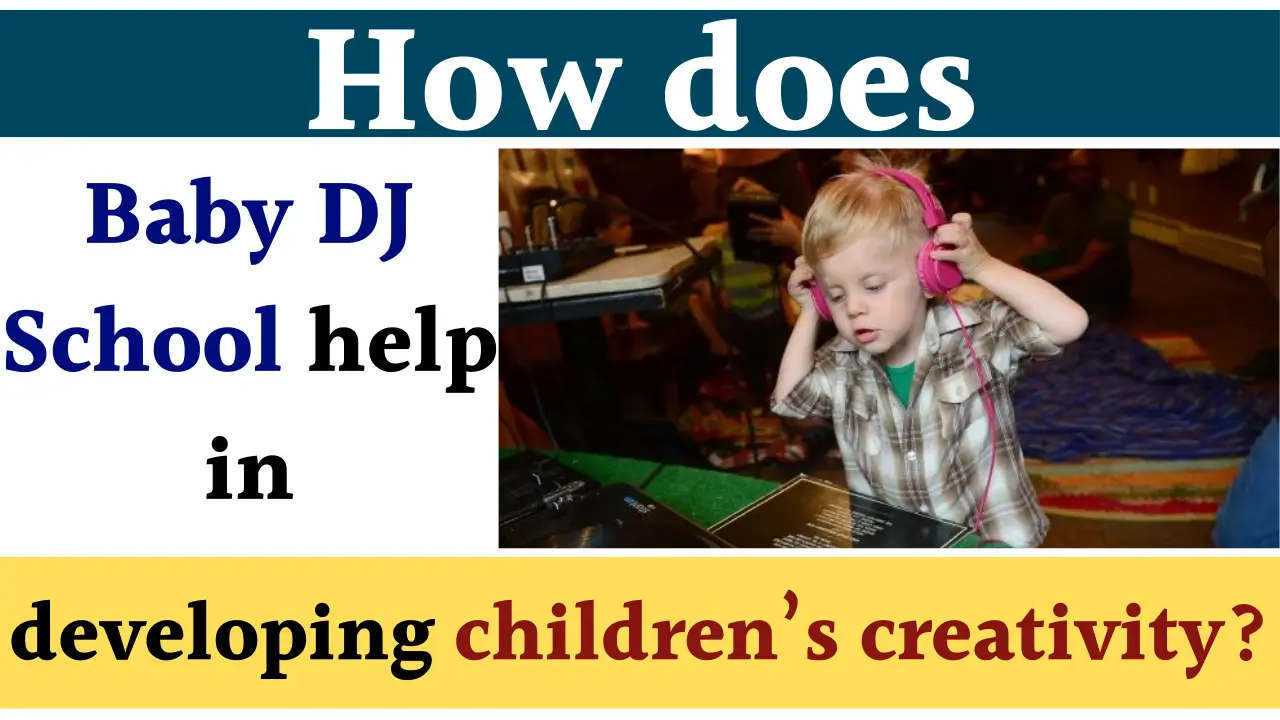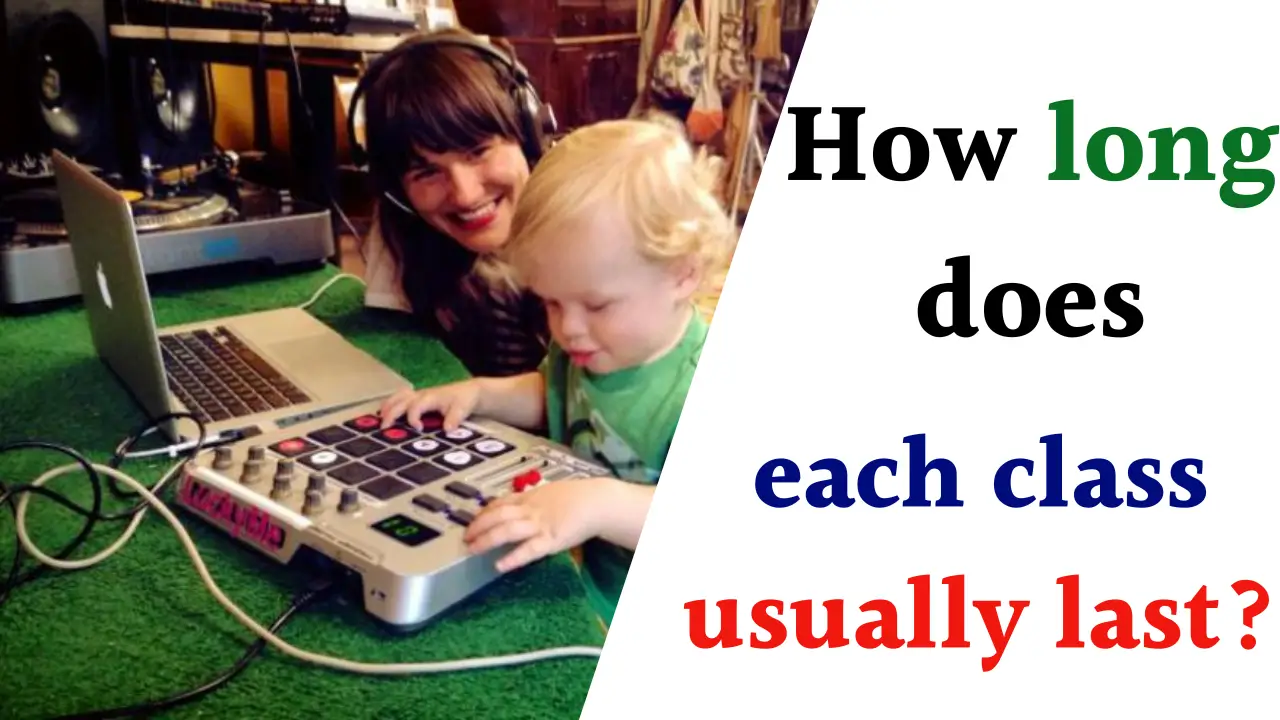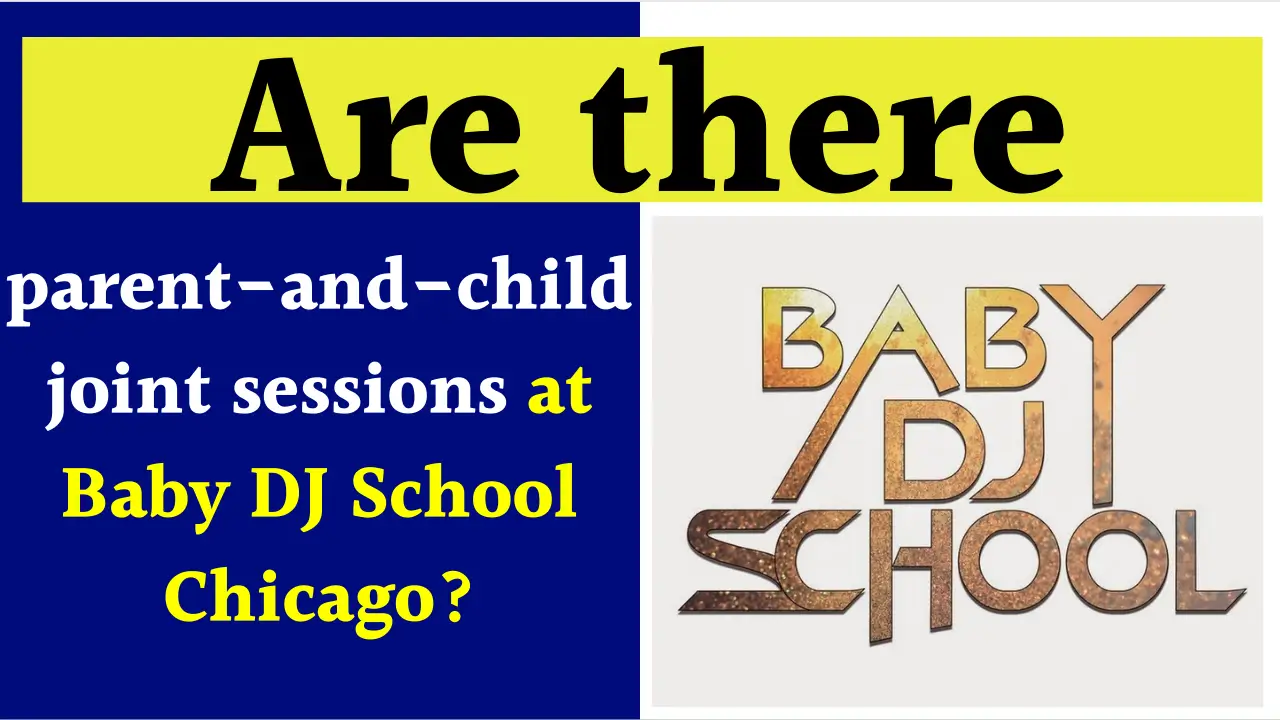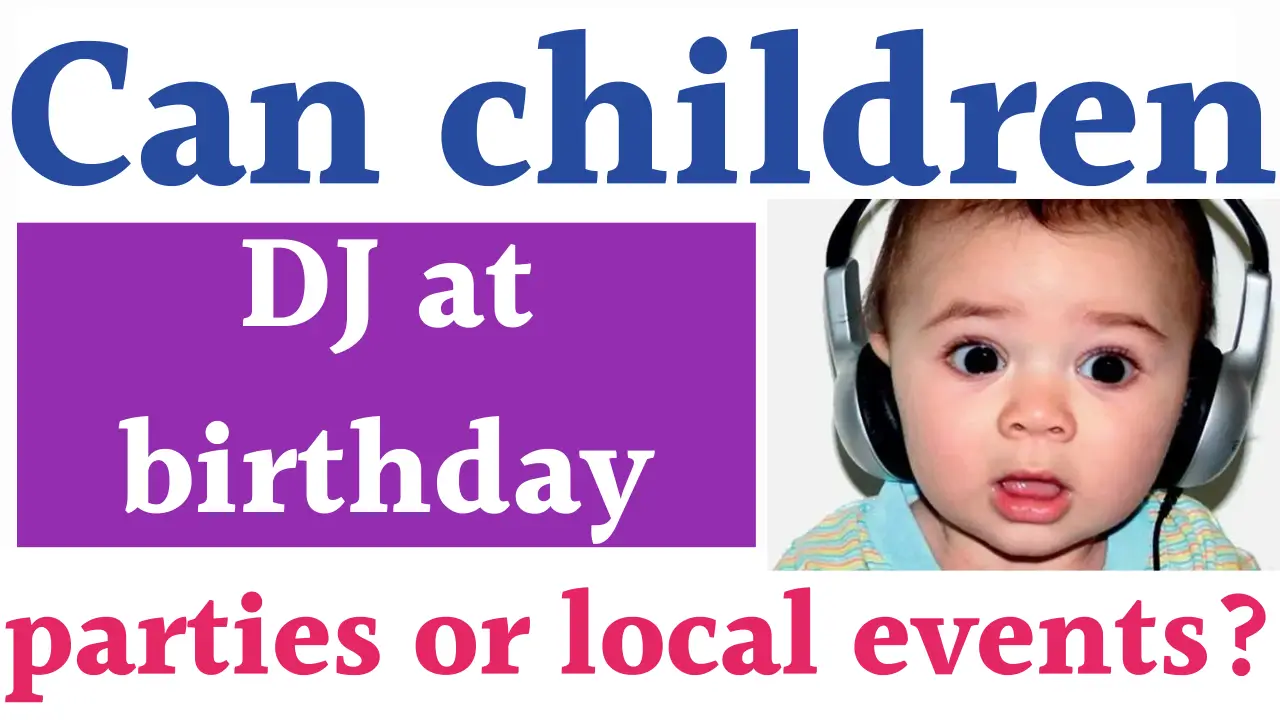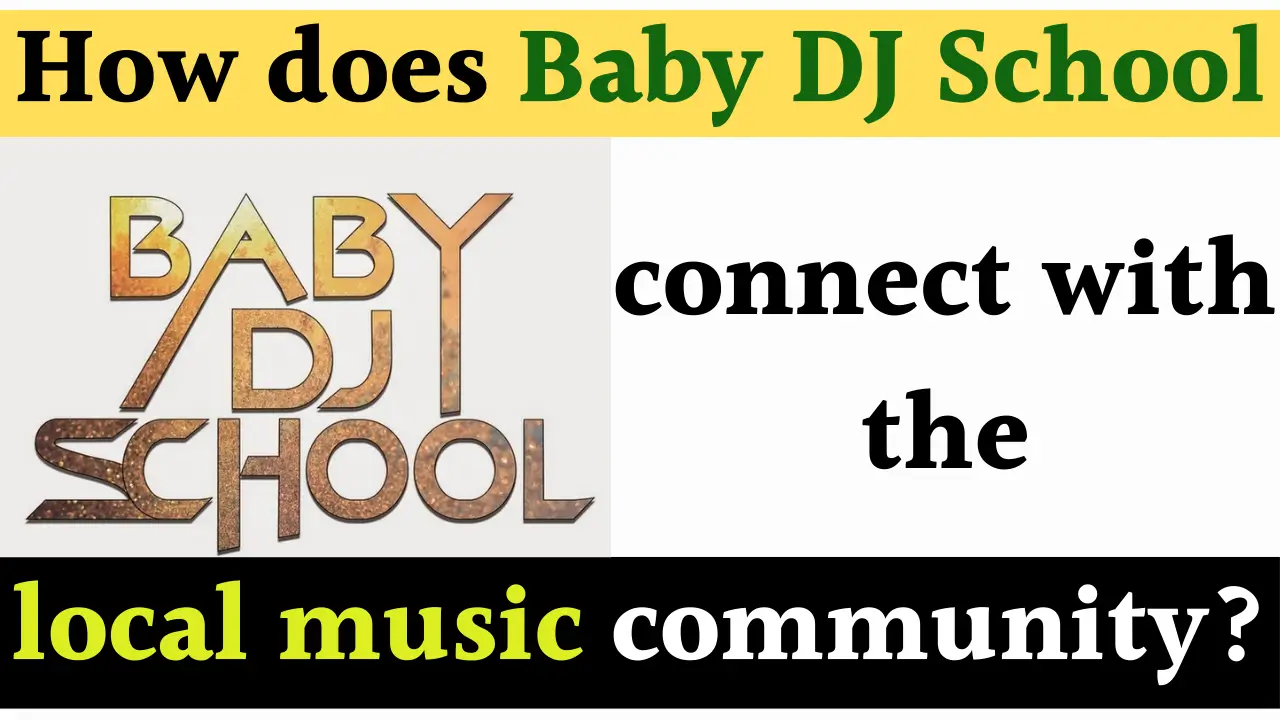Exposing children to music early in life provides substantial cognitive benefits, ranging from enhanced memory to stronger language, reasoning, and problem-solving skills, as validated by recent studies and neuroscience research.
The Cognitive Benefits of Early Music Exposure
Building Brain Connections
Introducing music in early childhood leads to the formation and strengthening of neural pathways, especially between the left and right hemispheres of the brain. These connections foster improved problem-solving ability, enhanced emotional resilience, and optimize the formation of neural networks critical for healthy development.
- Music stimulates the auditory cortex and prefrontal cortex, areas responsible for attention, pattern recognition, and executive functions.
- Imaging scans show increased connectivity and development between different parts of the brain in children participating in music lessons for as little as nine months.
Enhanced Language and Literacy Skills
Music plays a powerful role in expanding vocabulary and improving phonemic awareness, both fundamental for language development.
- Singing and instrument play enable children to practice storytelling and memory, supporting speech and reading fluency.
- Children exposed to music better understand subtle differences in sounds and pronunciation, which aids in second language learning.
Strengthened Executive Function
Research from 2025 demonstrates that music training significantly improves executive functions such as inhibitory control, working memory, and cognitive flexibility in preschool children.
- Studies highlight that even short-term, patterned musical experiences can lead to improvements in focused attention and self-regulation.
- The rhythm and repetition found in music also support impulse control and adaptive thinking.
Improved Memory and Attention
Music enhances auditory memory, pitch discrimination, and selective attention, engaging various brain structures and fostering stronger recall abilities across domains.
- Learning and remembering songs, lyrics, or musical patterns gives children practice that boosts overall memory skills.
- Music education trains the brain to recognize and anticipate patterns, supporting critical early math and reading skills.
Social and Emotional Development
Musical activities naturally encourage cooperation, empathy, and emotional expression, which are vital for social growth.
- Group music activities foster teamwork and understanding of emotions, reducing stress and anxiety while enhancing well-being.
- Emotional engagement with music strengthens associative memory, helping children link feelings and experiences to learning.
Table: Cognitive Benefits Comparison
| Cognitive Skill | Impact of Early Music Exposure | Description |
|---|---|---|
| Neural Connectivity | ↑ Stronger neural pathways | Enhanced links between brain regions improve overall cognitive operations. |
| Language Development | ↑ Vocabulary, phonemic awareness | Faster acquisition of language and literacy skills. |
| Executive Function | ↑ Inhibitory control, flexibility | Better attention, self-regulation, and adaptive thinking. |
| Memory | ↑ Auditory and working memory | Improved recall for music, language, and school subjects. |
| Problem-Solving | ↑ Logical reasoning, adaptability | Better capability to recognize patterns and relationships. |
| Emotional Regulation | ↑ Emotional intelligence | Enhanced ability to manage frustration, stress, and conflicting situations. |
| Social Skills | ↑ Teamwork, empathy | Music-making in groups encourages social understanding. |
Latest Research Updates (2024-2025)
Evidence from Neuroscience
Modern neuroimaging demonstrates that early music training produces quantifiable changes in brain structure, such as increased length and development in nerve fiber connections. These changes optimize neural network formation and actively stimulate the brain’s architectural growth.
Executive Function Breakthroughs
A January 2025 meta-analysis confirmed music training’s statistically significant positive effect on preschoolers’ executive functions, especially in controlled, randomized studies, emphasizing the impact of tailored music programs.
Curriculum and Intervention
The latest trend in education policy is incorporating music into early childhood curricula to leverage these cognitive advantages, with policymakers stressing the need for frequency and duration in musical exposure for maximal benefit.
Key Points: How Early Exposure to Music Shapes Cognition
- Stimulates brain connectivity: Music expands and strengthens neural pathways that govern reasoning, memory, and emotion.
- Bolsters language and reading: Children exposed to music develop faster linguistic abilities and improved reading comprehension.
- Improves executive functions: Regular music engagement enhances attention span, impulse control, and flexible thinking.
- Enhances memory and attention: Musical repetition builds strong memory skills and sharpens focus.
- Fosters emotional and social growth: Music supports emotional intelligence and teamwork, leading to better stress management.
Conclusion
Early exposure to music is more than a pleasurable pastime: it is a scientifically validated investment in a child’s cognitive future, touching every domain from language to problem-solving and emotional intelligence. With mounting evidence from cutting-edge research in 2024 and 2025, music is now positioned as a pivotal tool for optimizing children’s brain development and academic readiness.
